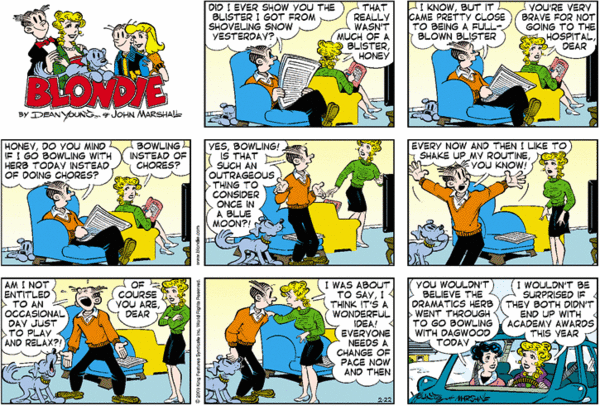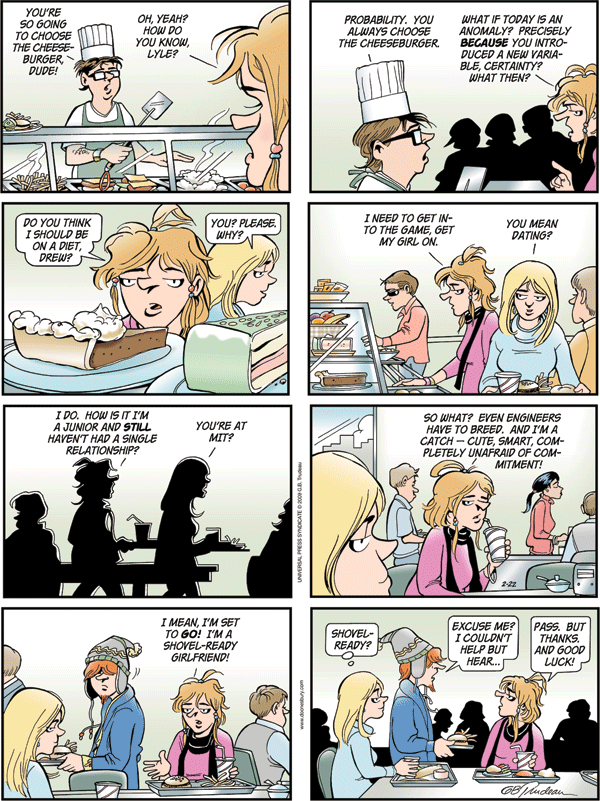The hard set at Language Log
Over on his You Don't Say blog, John McIntyre has been preparing for National Grammar Day (4 March) by spinning a hard-boiled murder mystery involving an editor protagonist; Martha Brockenbrough (of NGD); a victim stabbed to death by red pencil ("an Eberhard Faber Col-erase number 1277 pencil, carmine red, protruded from his chest, just over the heart"); and the Fat Man. The serial is up to its third installment, in which the Fat Man is introduced:
I’d known him for years. We’d been honor students together — teacher’s pets — and then he started his slide. It began innocently enough, with a little amateur lexicography. But then he fell in with that hard set at Language Log. He was pals with both the Geoffs — Pullum and Nunberg — Arnold Zwicky, the lot. Before you could say lexeme, he was too deep into descriptivism to ever come back. But, maybe because of our old school ties, we had always managed a gingerly balance.
More to come.
[Update: Jan Freeman notes with pleasure the split infinitive in "too deep into descriptivism to ever come back". Not an obligatorily split infinitive, but to my ear certainly preferable to "too deep into descriptivism ever to come back".]
Permalink Comments off


